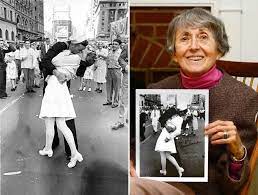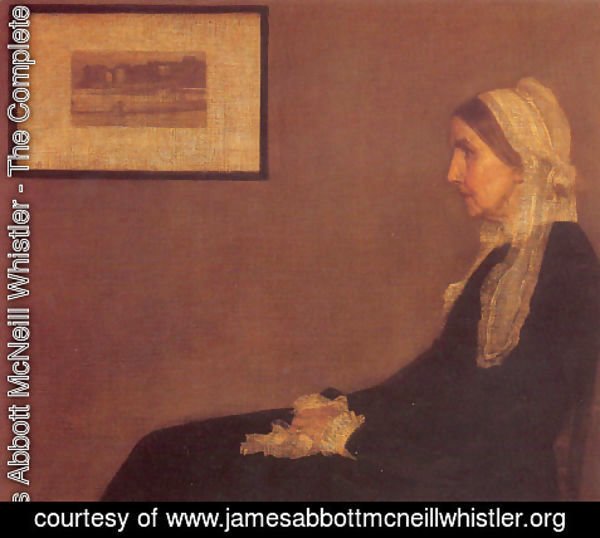blogpage
Marlene Wagman-Geller: Sample Chapters and Blogs
A Joy Forever (1766)
Mar 22, 2023 by Marlene Wagman-Geller
The staccato bark, “Going, going, gone!” followed by the banging of a hammer, signifies the sale of a coveted object to the highest bidder. Christie’s has conducted awe-inspiring auctions, many which would have astounded its founder, James Christie.
Huff and Puff (2005)
Mar 21, 2023 by Marlene Wagman-Geller
The press barons of yore were alpha males whose giant shadows shaped the way the world received its news: Joseph Pulitzer, William Randolph Hearst, Harold Ross. In the 21st century this glass ceiling was shattered by an infusion of estrogen when a Greek Colossus bestrode the shores of media.
Is There Still Sex? (1994)
Mar 20, 2023 by Marlene Wagman-Geller
Before the four female Musketeers of Sex and the City went on the hunt for men, money, and Manolos in Manhattan, there was the real-life party girl, Candace Bushnell, the inspiration for Carrie Bradshaw.
The Truth (1903)
Mar 18, 2023 by Marlene Wagman-Geller
“C’est mon Plaisir” “It is my pleasure.” Isabella Stewart Gardiner
Isabella Stewart Gardner Museum
25 Evans Way, Boston, Massachusetts
Gods behaving badly is exemplified in Titian’s 16th century painting, “The Rape of Europa.” The canvass reveals Zeus, in the form of a bull, ravishing the maiden. The masterpiece served as the crown jewel in Isabella Gardner’s art gallery, the scene of a violation that involved the art world’s greatest whodunit.
The Female of the Species (1898)
Mar 17, 2023 by Marlene Wagman-Geller
In some instances a single name is intricately associated with a country: Cleopatra with ancient Egypt, Marie Antoinette with France, Victoria with England. The same situation holds true for a nation born in the 20th century that will forever be associated with a force of nature who refused to be defined by her sex or by her age.
Five Stone Lions (1883)
Mar 16, 2023 by Marlene Wagman-Geller
If the amber-hued liquid inside a classic bottle could speak, it would tell the tale of the convergence of an American sex symbol, a German officer, and a French legend. The black lettering on the bottle holds an eponymous name and a lucky number, and a story as extraordinary as the woman who willed it into existence.
Doxerl and Johonzel
Mar 14, 2023 by Marlene Wagman-Geller
An iconic image of the 20th century depicts Albert Einstein sticking his tongue out in his variation of “Say cheese.” As a man so famous he stopped Fifth Avenue traffic in the same fashion as the Beatles and Marilyn Monroe, (who called him the sexiest man on earth,) he could afford such irreverence. However, the woman at whom he figuratively stuck out his tongue was a little known girl of his youth, the one who labored and loved by his side.
Tikkun Olam (1980)
Mar 13, 2023 by Marlene Wagman-Geller
Traditionally, the colors associated with October were the yellow and red of autumnal leaves, gourds of orange. However, since the advent of the Susan G. Komen Race for the Cure, the month became associated with pink, Susan’s favorite color.
Now Abideth Faith, Hope and Love (1912)
Mar 12, 2023 by Marlene Wagman-Geller
When a Southern woman was none too happy with the way her life’s cookie had crumbled, rather than throwing a pity party, she adapted a British institution and made it into an iconic American one. She helped level the gender playing field and allowed girls- rather than wear their hearts on their sleeves- to instead display their merits.
Hai-yah! (1974)
Mar 11, 2023 by Marlene Wagman-Geller
Hands down, the porcine with the most pulchritude is Miss Piggy. She is a diva who dresses for excess, never gives an oink about her extra pounds, and participated in a cross-species romance. Miss Piggy, rather than originating from the same imaginative cloth as her fellow Hanson homies, is the alter ego of entertainer Peggy Lee.
The Pink Queen Bee (1963)
Mar 10, 2023 by Marlene Wagman-Geller
The color pink brings to mind Barbie, Disney Princesses, Hello Kitty, and pussycat hats. Another pink lady, one who rolled in the green, was Mary Kay Ash.
America's Sweetheart (1959)
Mar 09, 2023 by Marlene Wagman-Geller
There are many women who lay claim to be the world’s most legendary of lovelies: Italy’s Sophia Loren, Sweden’s Greta Garbo, France’s Brigitte Bardot. Yet there is an American beauty who most truly embodies the pronouncement, “Age cannot wither her, nor custom stale, her infinite variety.”
Moment of a Lifetime (2010)
Mar 07, 2023 by Marlene Wagman-Geller
“And the Oscar for Best Director goes to Victor Fleming for Gone with the Wind; and the Oscar for Best Director goes to John Ford for The Grapes of Wrath; and the Oscar for Best Director goes to Steven Spielberg for Schindler’s List.” The fact that the Academy of Motion Pictures Arts and Sciences has always gifted the coveted statue to men makes one wonder if there is-to borrow the title of Elia Kazan’s film for which he won best director-a Gentleman’s Agreement. If institutionalized sexism is indeed the norm, the Academy breached it after eight decades when Kathryn Bigelow made a rip in Hollywood’s seemingly shatterproof celluloid ceiling when she won the Academy Award for Best Director. .
Madame Butterfly
Mar 06, 2023 by Marlene Wagman-Geller
As Jell-O conforms to its mould children often adhere to the values of their parents. However, in a 1950s love story which involved Julius Rosenberg, it was a Jell-O Box and a Remington typewriter which made a woman’s path stray far afield from what her family, or anyone else, ever envisioned.
Flakes of Confetti (1945)
Mar 05, 2023 by Marlene Wagman-Geller
The world’s jubilation upon learning World War II had ended is exemplified in the famous image of a sailor and a nurse locked in an embrace. Formally known as “V-J Day in Times Square,” the photograph is one of the most famous depictions of a kiss in history. For decades, the identities of the couple remained shrouded in anonymity until the revelation that the woman was Greta Friedman.
Trixie: A League of her Own (1908)
Mar 04, 2023 by Marlene Wagman-Geller
After “The Star Spangled Banner” and “Happy Birthday,” America’s most prevalent song is “Take Me Out to the Ballgame.” While fans chant the lyrics in the seventh inning, the crowds are unaware that the “me” refers to Trixie Friganza.
Roe V. Roe (1973)
Mar 03, 2023 by Marlene Wagman-Geller
If one were to name a Supreme Court ruling, chances are the answer would be Roe v. Wade. However, if questioned as to the identity of the anonymous plaintiff, many would draw a blank. The flesh-and-blood Roe, Norma McCorvey, was as complicated as her judicial namesake.
Most Likely to Succeed (1969)
Mar 02, 2023 by Marlene Wagman-Geller
A slice of Americana is the Wendy’s hamburger emporium with its mascot of a red-haired girl, pigtails bound with blue bows. Behind the fresh-faced child lies Wendy Thomas.
Maybe She's Born with It (1915)
Mar 01, 2023 by Marlene Wagman-Geller
What is lime green and bubblegum pink with a black interior? The answer: Maybelline mascara. The cosmetic company has been a beauty staple for over a century, an industry behemoth that originated with Mabel Williams.
Whistling Dixie (1871)
Feb 28, 2023 by Marlene Wagman-Geller
While the Italian Mona Lisa’s smile has beguiled the world, the American painted lady’s dour expression shows a woman who did not possess a non-serious bone. The Victorian painting is entitled, Arrangement in Grey and Black No. 1, though its colloquial name is Whistler’s Mother, after Anna Matilda Whistler.
.jpeg)


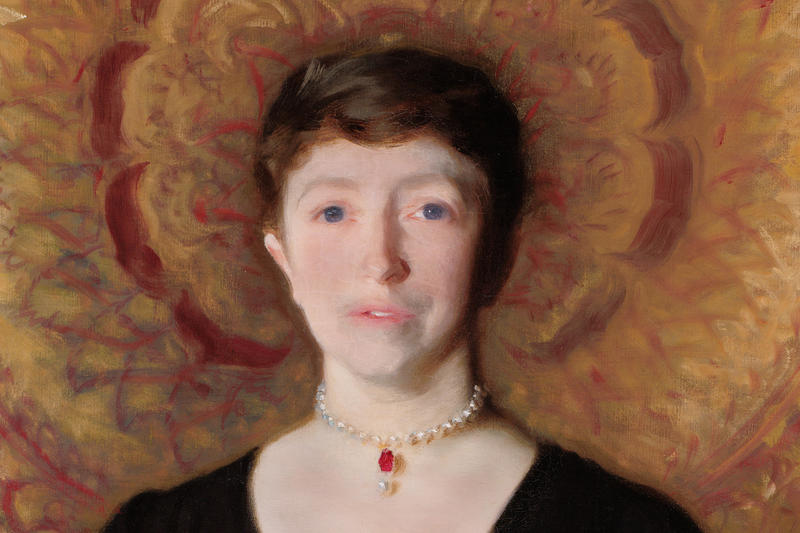
.jpg)
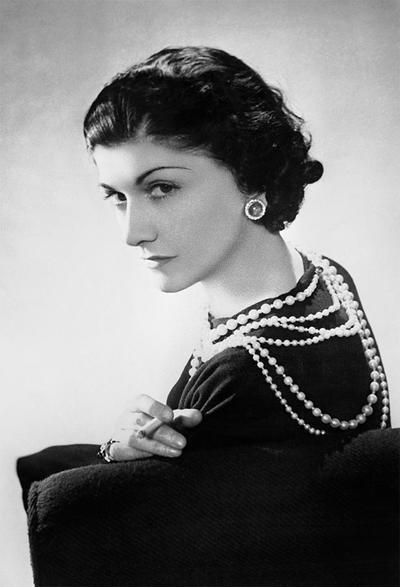
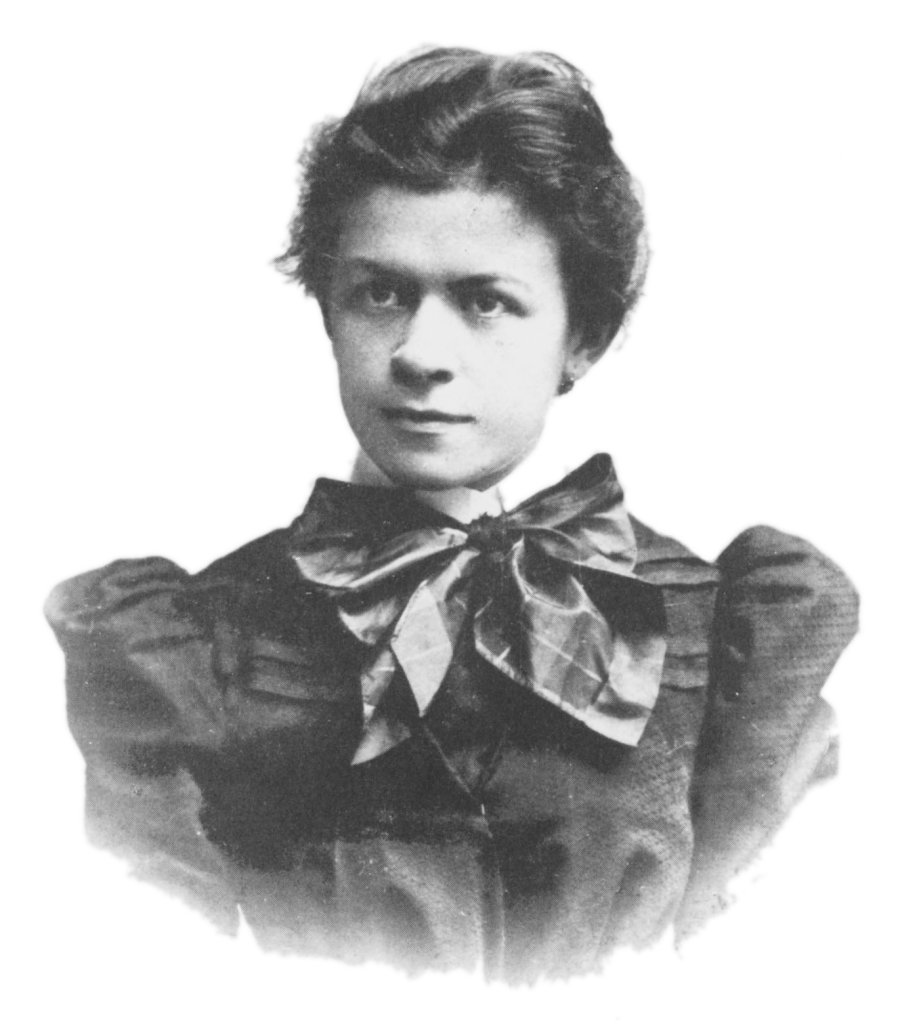

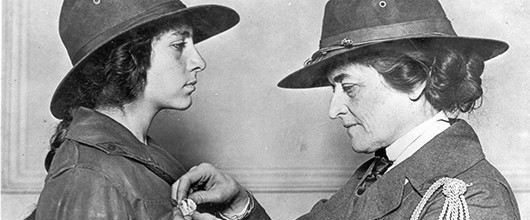


.jpeg)


